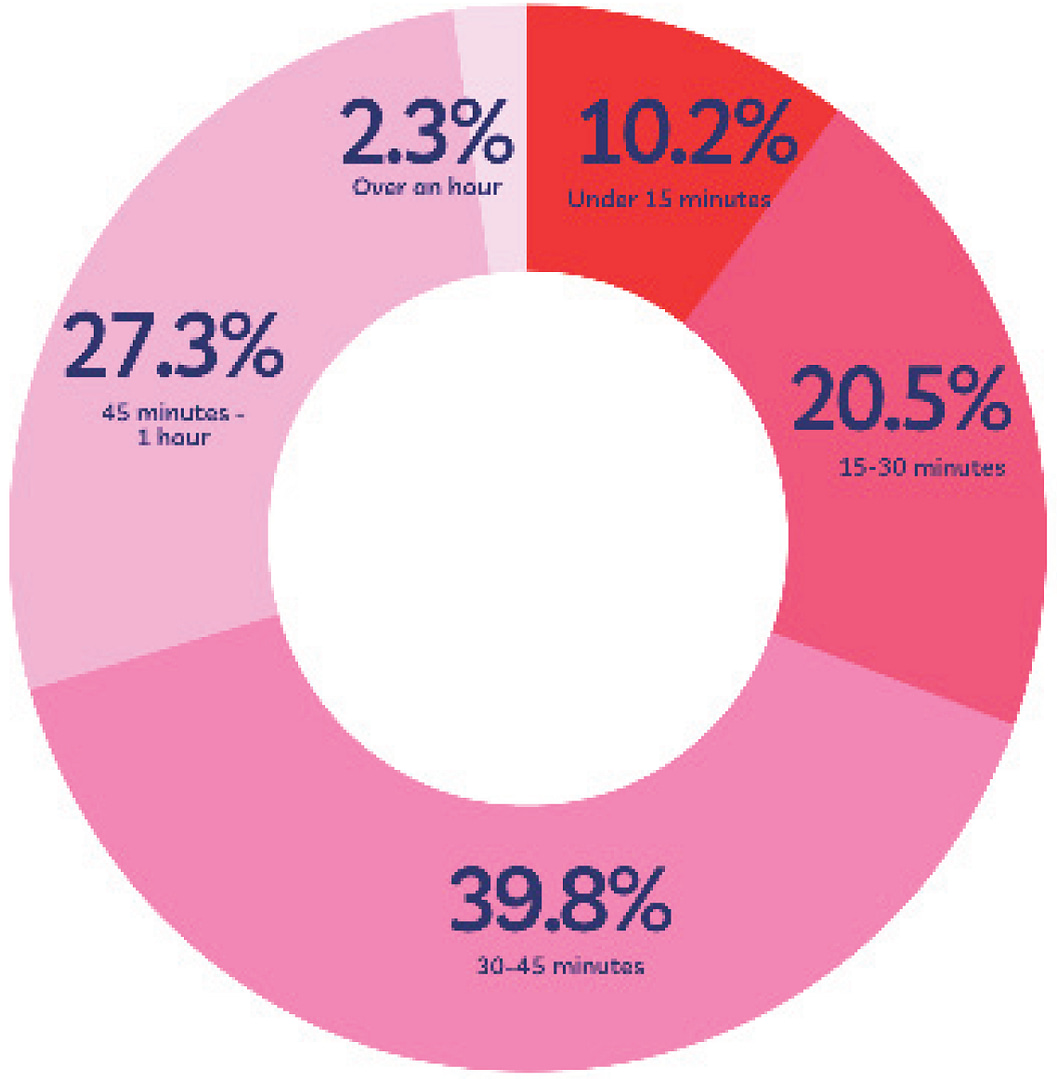This year, Mr. Aristov will provide examples of infractions of Loyola’s Academic Integrity policy for each edition of the Loyalist. These examples are not intended to embarrass or pillory students who’ve broken the school’s code, but rather to educate the entire student body on what is and is not acceptable, the consequences of breaking school policies, and alternatives to consider when one might be faced with similar situations. Every case will remain anonymous.
In May 2017, a group of freshmen in a Spanish class used Slader.com to copy answers for a homework assignment from their textbook. It was obvious the answers had been copied because 1) student responses were identical even though they had worked independently; 2) Slader.com contained errors which the students copied verbatim and; 3) the on-line responses employed grammar not yet covered in class. Some students used the excuse that their teacher had not explicitly prohibited them from using this website – an argument quickly dismissed since this is an unreasonable expectation. At Loyola, teachers identify which resources are appropriate to use rather than generate a comprehensive list of unauthorized sources, an impossible task considering the billions of websites available. All freshmen who were found guilty received zeroes on their homework, served two days of JUG, copied the Academic Integrity Policy, and presented letters to their parents at home. They all have first strikes on their permanent school records. Had any one of them asked their teacher ahead of time whether it was OK to use Slader.com, they would have been steered away and would have avoided these unfortunate consequences.
In June 2017, a sophomore in a fine arts class had not completed all the assignments for his final portfolio on time. Instead of speaking to his teacher about possible alternatives, he found artwork made by classmates in a storage room and included them in his portfolio. When his teacher reviewed his portfolio, it was obvious multiple artists were represented. In fact, one of the pieces of artwork had been made by another teacher! When confronted, the student insisted that all the work was really his own, despite clear evidence to the contrary. After meeting with Mr. Aristov however, the student’s story changed and he admitted to his wrongdoing. Since this was the student’s second infraction and because this situation was deemed serious enough to be sent to the Discipline Board, the student withdrew from Loyola.
In June 2017, a junior took a photograph of an English final exam stored in a folder on his teacher’s desk a few days before the exam. This student then distributed the photograph to several classmates. When the teacher got wind of this situation, she quietly wrote up a completely different exam. During the final, several students did not notice that the exam questions had been changed and proceeded to write essays that answered the earlier questions. Because this incident involved a group of students (a conspiracy), a final exam (especially serious incident), and detailed planning (premeditation), the students were all given a second strike that included a zero on the final exam, five days of JUG, and placement on Disciplinary Probation this year. The photographer was expelled from Loyola. Viewing a final exam before others is a reprehensible act because it gains an unfair advantage over fellow Cubs. If someone ever offers you an opportunity to view something like this, the only appropriate response is to say, “No thanks” and then report it to the teacher or administrator.
In your path through Loyola, you might sometimes find it challenging to discern whether it’s OK to do something or if it might violate the school’s integrity policy. There’s one sure test that almost always works. Ask yourself if you feel the need to keep your actions secret from your teachers or parents. If you say yes, then it’s a problem and should be avoided. Use this test with every decision and you will likely steer yourself on the right path.
Mr. Andrey Aristov
Assistant Principal







Comments are closed.